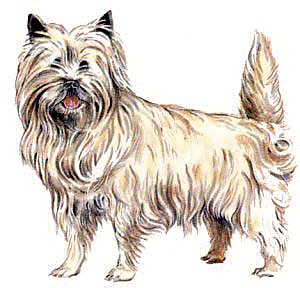Renal Failure in the Older Pet
by Ben J. Character, DVM

A common problem experienced by older cats and dogs is the decreased function of the kidneys, also known as Renal Failure. When this occurs in an older animal, the most common cause is the gradual replacement of normal tissue with scar tissue. Other causes include ingestion of toxic substances, infections with bacteria or viruses, or auto-immune problems.
The most common clinical signs of renal failure include: increases in drinking, increased urination, lethargy, muscle loss, and dehydration. Diagnosis is made based on a physical exam and blood test.
Most cases require hospitalization and treatment with intravenous fluids. If a good response is shown to treatment, cases can be managed on a special diet formulated to be low in protein and phosphorus. However, in some instances, periodic fluid therapy will be needed.
The long-term outlook of a renal failure case depends on the initial cause. If a treatable cause is found, the prognosis can be favorable. Unfortunately, scaring of the kidneys, termed “chronic renal failure”, usually shows little response to therapy and has a poor prognosis for long-term recovery.
If you suspect that your pet is having kidney issues, you should contact your veterinarian for testing and information about renal failure and how it may be affecting your furry friend.

